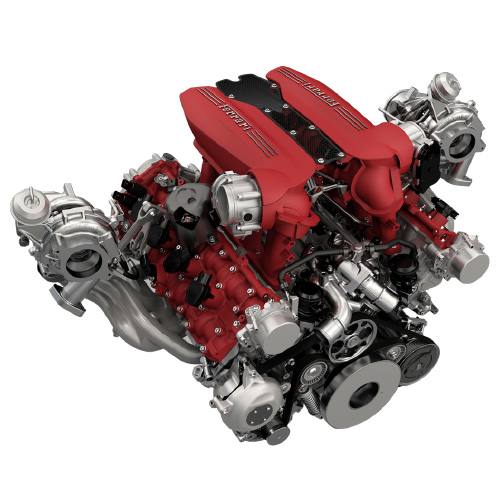WHAT MAKES A CAR A SUPERCAR
- supercars.com.gh
- April 29, 2022
DOES COLD AIR INTAKE REALLY WORK?

Cold air input systems have long been considered one of the easiest ways to “redundant bolt-on power.” You have to disengage the restrictive plant input system and replace it with a free-flowing cold air input system.
Let’s consider how and why a chilly air input system works to increase machine power and necklace.
HOW AN ENGINE MAKES POWER
An internal combustion machine works by burning an admixture of energy and air inside the cylinders. The energy injectors spot during a precise quantum of energy, which gets mixed with air delivered by the air input system.
A sparking draw also ignites this unpredictable blend, causing an explosion that forces the piston over, turning the crankshaft and eventually the bus. The piston-moving force created during the combustion cycle is where power comes from. And you will actually increase that force/ power by adding a K&N cold air input system.
WHY COLD AIR IS VITAL FOR ENGINE PERFORMANCE
Cold air is thick than warm air because it contains fresh oxygen motes. Formerly you feed a fire/ explosion with oxygen-rich cold air, and the performing fire/ explosion will be much more violent.
A plant air input tends to provide less-potent warm air to the cylinders, which suggests lower energy/ power gets uprooted from the energy. A chilly air input system, on the other hand, gives the machine more oxygen to figure with.
So those explosions become more violent, and thus the machine effectively makes further power from the same quantum of energy.
HOW A FACTORY AIR INTAKE WORKS
For air to enter the cylinders, it has to make its way down a tiny hole from the top of the airbox. It also has to get through a thick layer of paper-like sludge. As dirt collects on the OEM air cleanser, lower air can suffer, which causes the machine to figure harder to make the exact quantum of power.
Once the air has cleared this chain, it gets forced through a series of narrow plastic tubes with tight bends and uneven shells. This causes the air to curve around and become turbulent, making it toast up and less effective.
HOW K&N COLD AIR KIT HELPS INCREASE HORSEPOWER
When you introduce fresh air to the combustion process, the machine can burn its energy more fully, providing more fuel and power.
So yes, a chilly air input system does work. But the particular quantum of redundant power that you will get from a K&N cold air input will depend upon the type of system and the condition of your specific vehicle and machine. You will still look at the dyno test results for different K&N input systems installed on a car, just like yours.
On a chilly air input system, air first passes through a way more significant performance air sludge, which allows further air into the system.
Like the K&N performance air sludge, Pollutants use a’ depth lading’ design to get relief of additional dirt from the air and keep it trapped inside a matrix of sticky cotton fibers, which allows a high volume of air always to be ready to pass through.
Once the air has been gutted, it flows into a more comprehensive input tube that generally has fully smooth interior shells and smaller restrictive angles. K&N aluminum input tubes use mandrel-bent angles to nearly exclude air turbulence, while K&N roto-moulded input tubes do the identical thing with moldered high viscosity polyethylene.
A chilly air input system can always feed the machine a high volume of turbulence-free air by reducing tailwind restrictions. And to form sure the air is cold, the air cleaner is positioned so that it can collect the coldest air. Which constantly requires a special heat guard to help warm machine bay air from entering the system.
Still, a frontal mounted ram air input will dislocate the air cleanser to a high-pressure zone outside of the machine cube( generally behind the frontal cushion or inside the cushion well).
This process allows it to collect the coldest air, making it possible to increase the system’s pressure at higher speeds. Because of the bettered tailwind dynamics, a frontal mounted cold air input system is in a position to deliver further power than a conventional performance input.
This article if you want to learn more about car accessories, luxury car guides or anything about cars in Ghana, be sure to read our blog guides.


Recent Post
Have Any Question?
If you have a question, call or email us.
We will get back to you as soon as possible!
Categories
WhatsApp us









